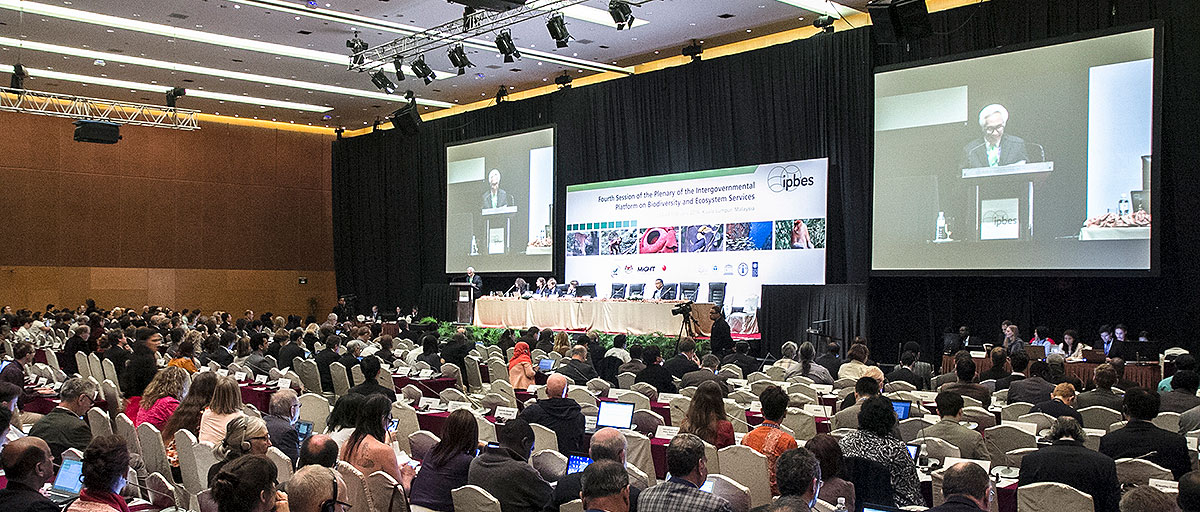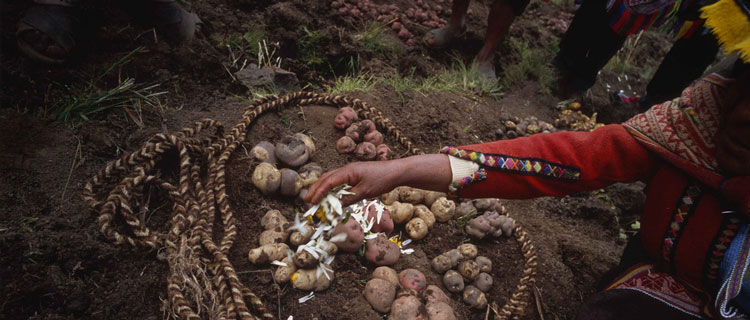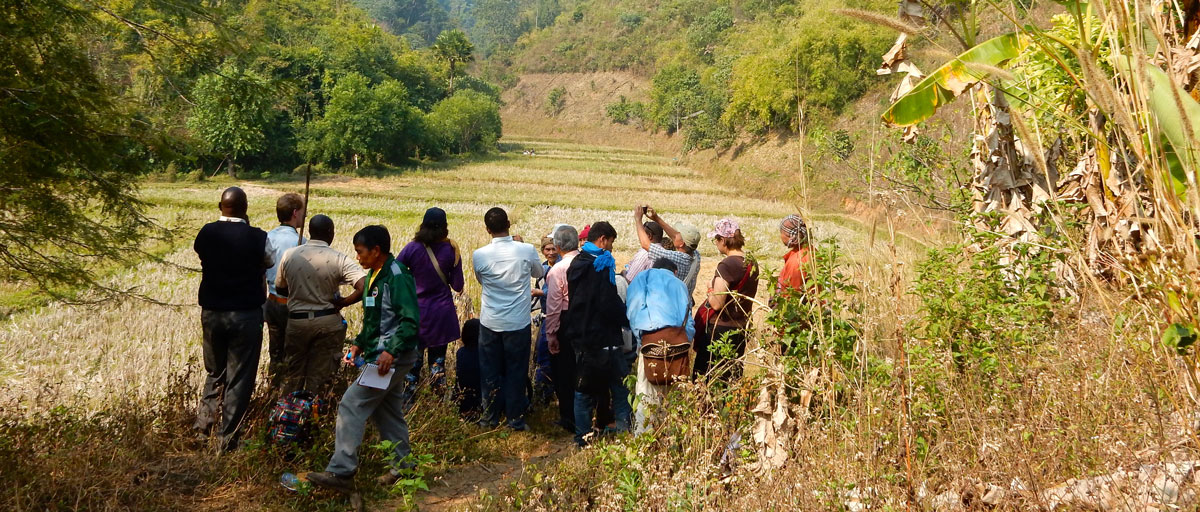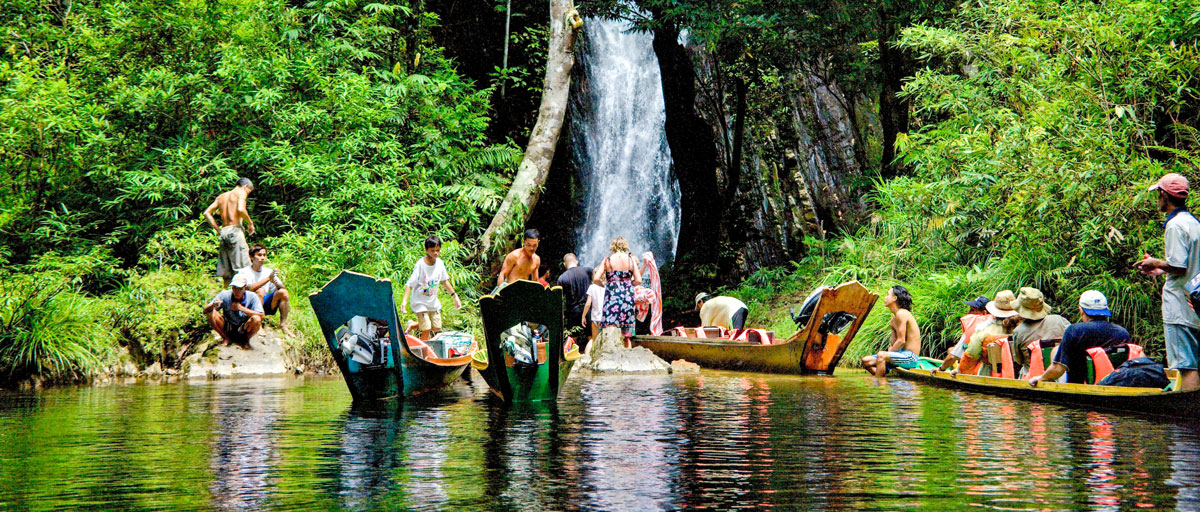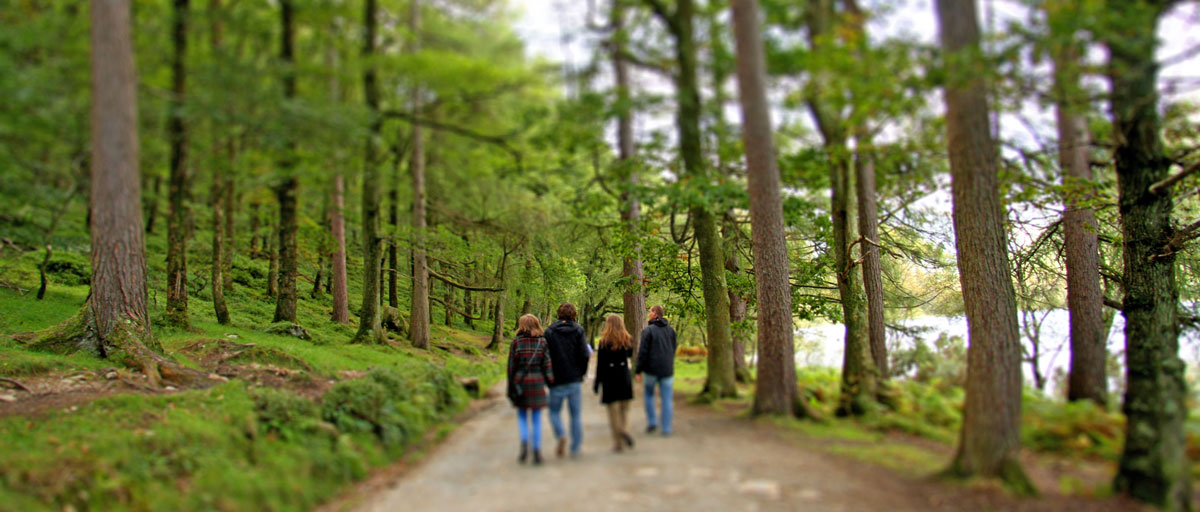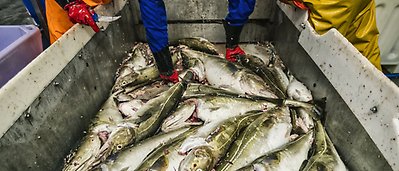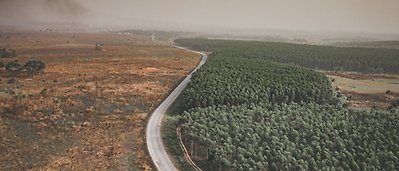GLOBAL ASSESSMENTs
IPBES and the role of the SRC
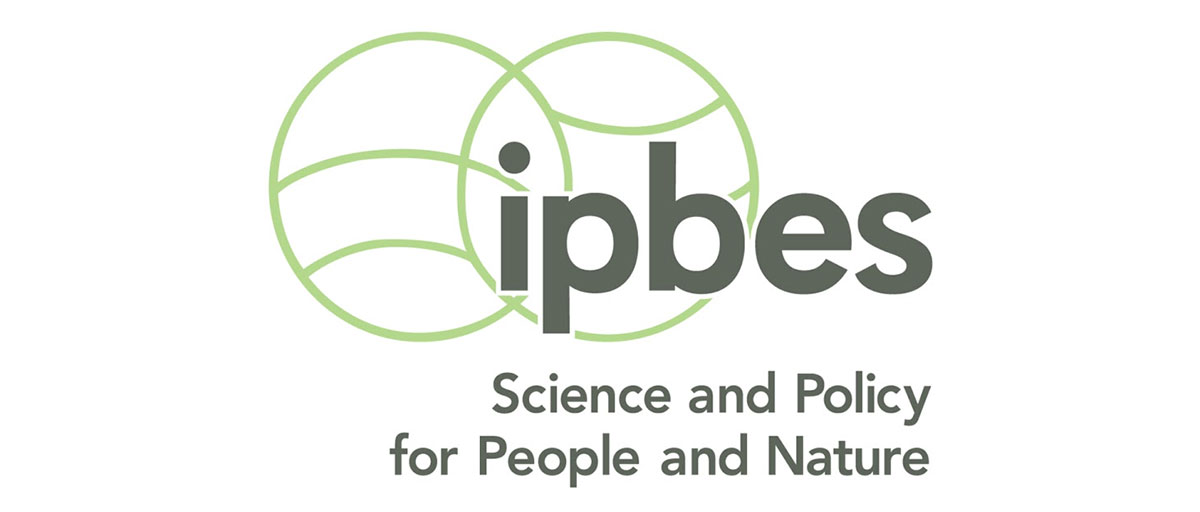
The Intergovernmental Science-Policy Platform on Biodiversity and Ecosystem Services
Bildtext får vara max två rader text. Hela texten ska högerjusteras om den bara ska innehålla fotobyline! Photo: B. Christensen/Azote
- Latest report from IPBES the largest most up-to-date stock taking of the state of nature and the support it provides to human civilization
- Several SRC staff have contributed to latest report and other IPBES work over the years
- IPBES and the SRC both work towards a better understanding and management of the relationship between human and nature
The centre’s contribution to intergovernmental platform on biodiversity and ecosystem services
Over the past few weeks (early May 2019) news all over the world has covered an intergovernmental report stating that human society is under urgent threat from loss of Earth's natural life and that 1 million species are at risk of extinction.
The report, published by the Intergovernmental Science-Policy Platform on Biodiversity and Ecosystem Services (IPBES), is the largest and most up-to-date stock taking of the state of nature and the support it provides to human civilization.
More than 145 leading experts from 50 countries, plus contributions from 310 more experts, have worked on this report, which is based on some 15.000 references.
Undermining development goals
“Nature is essential to human wellbeing and development. We found that declines in biodiversity and ecosystem services will undermine our ability to meet 35 of the 44 Sustainable Development Goal (SDG) targets related to poverty, hunger, health, water, cities, climate, oceans, life on land, says centre senior advisor Belinda Reyers. She is among several SRC staff to have contributed to IPBES’ work over the years, most recently the new global assessment.
If these trends in biodiversity loss continue, Reyers warns, scenarios suggest we will not be able to meet the SDGs by 2030. However, for scenarios that include transformative changes in social, economic or technological factors, SDG achievement is possible.
Reyers was a coordinating lead author of chapter 3 in the new global assessment, which looked at "progress towards meeting major international objectives related to biodiversity and ecosystem services". Together with former director Johan Rockström she was also part of an expert group that produced a scoping report that eventually lead to the production of the assessment.
“Frustratingly” Reyers adds, “although we found evidence of positive synergies between aspects of nature and all SDGs including those on education, reducing inequalities, gender equality, peace and justice, when we tried to include these goals in our assessment we found their targets omit their relationship to nature and so we could not assess what trends in nature would mean for them. This is an essential gap that needs to be addressed in future policy targets.”
Centre research fellow Ana Paula Aguiar was a lead author of Chapter 5: scenarios and pathways towards a sustainable future. Postdoctoral researcher Odirilwe Selomane was an IPBES fellow who also contributed to chapter 5. They consider the assessment a landmark as it discusses biodiversity in the context of climate change and social development.
"It bridges scales, bringing local knowledge to the global arena. Most importantly, it brings a clear messages that palliative actions focusing only on direct drivers of biodiversity loss are not enough. Transformative change is necessary, including moving away from the paradigm of economic growth."
Developing IPBES
Historically, centre staff have been deeply involved in the discussions that lead to the establishment of IPBES in 2012.
Over many years, Maria Schultz (former director of SRC’s Swedbio programme) contributed to the establishment of IPBES. Pernilla Malmer and Maria Tengö have worked closely with indigenous peoples and local community organisations to connect indigenous and local knowledge with scientific knowledge.
They also led the development of the Multiple Evidence Base approach, which is a method to bridge knowledge system views from indigenous, local, and scientific knowledge systems based on equity, reciprocity and usefullness for all involved in a transparent fashion.
Its work has received significant attention in the science-policy-practice community and has become a core component of IPBES. In their most recent work, they also engage with the uptake and society engagement with the IPBES Pollination assessment.
Colleagues Claudia Ituarte Lima helped develop IPBES’s Catalogue of policy support tools and methodologies, while Thomas Hahn was a coordinating lead author for the European and Central Asian Regional Assessment of IPBES, and is currently coordinating lead author for the IPBES Values Assessment together with Zuzana Harmáčková.
In 2016, Garry Peterson was one of the coordinating lead authors of the IPBES methodological assessment report on scenarios and models of biodiversity and ecosystem services LINK, and he has continued to lead a sub-committee of the Scenarios
and Models Expert Team. Oonsie Biggs was also the coordinating lead author of the regional assessment of Africa.
Another indication of SRC’s important role within IPBES is that the centre has had three early-career researchers who have taken part in IPBES’ prestigious fellowship programme: Jan Kuiper, Zuzana Harmáčková and Odirilwe Selomane. The programme has very strict selection criteria to ensure balanced geographical and gender representation. These fellows are contributing as experts and are linked to an expert group. So far IPBES has provided fellowships to 79 people from 55 countries, from a pool of 1116 applicants.
SRC’s influence
So why is the SRC’s research and policy work so important to IPBES?
Says IPBES fellow Jan Kuiper: “IPBES and the SRC both work towards a better understanding and management of the dynamic relationship between human and nature.
The mission of IPBES is to strengthen policy and decisions through a diversity of evidence-based knowledge and sciences. This means IPBES greatly benefits from our transdisciplinary approach to sustainability science and biosphere stewardship.”
Future IPBES work will focus on interlinkages among biodiversity, water, food and health, transformative change, and business and biodiversity, so SRC will definitely have a major role to play in the future of IPBES. An assessment on values is also in the pipeline, with centre researchers Zuzana Harmáčková and Thomas Hahn among the contributors.
